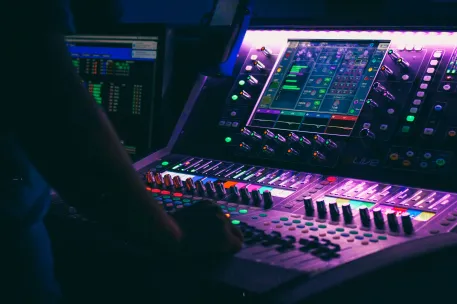Artificial intelligence (AI) is creating unprecedented potential and efficiencies in practically every industry.
However, such benefits and efficiencies are not without controversy and challenges, notably in the creative industries, where the training data used to power AI has spurred debate about the future of artist pay and copyright.
“We want to ensure that artists and IP [intellectual property] owners can work with AI inventors to find ethical win-win solutions in the AI future. Jenn Anderson-Miller, CEO and co-Founder of Audiosocket, told PYMNTS that the company is now in the ‘disrupt’ phase of generative AI and needs to navigate some challenges. “We refer to disruptions as such because they are initially disruptive. And we need to level the playing field,” she said of AI in the music industry.
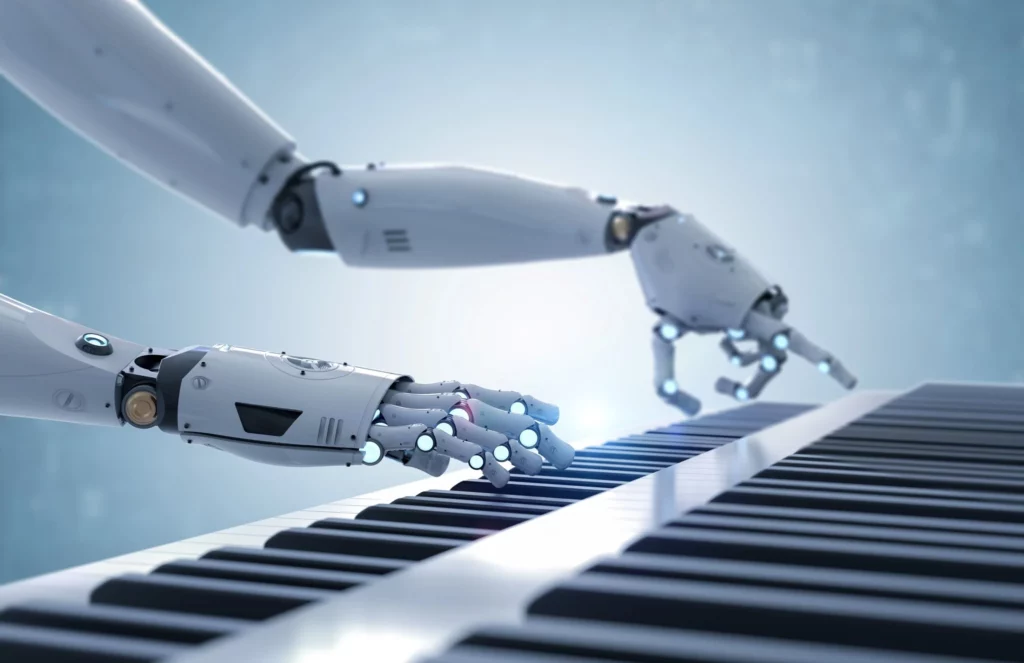
Ongoing AI-related issues came to a climax with the Artist Rights Alliance’s (ARA) recent open letter published in Billboard, which called for the ethical and responsible use of AI in the music industry while advocating for the rights of artists, performers, and songwriters.
READ MORE: Taylor Swift Becomes A Billionaire During An Era When Artists In The Music Industry Lost Millions
“We believe that, when used responsibly, AI has enormous potential to advance human creativity and in a manner that enables the development and growth of new and exciting experiences for music fans everywhere,” the letter said. It went on to say that “unfortunately, some platforms and developers are employing AI to sabotage creativity and undermine artists, songwriters, musicians, and rightsholders.”

Over 200 music industry luminaries have signed the letter, including Stevie Wonder, Robert Smith, Billie Eilish, Nicki Minaj, R.E.M., Peter Frampton, Jon Batiste, Katy Perry, Sheryl Crow, Smokey Robinson, the estates of Bob Marley and Frank Sinatra, Pearl Jam, Elvis Costello, Jon Bon Jovi, and many more.
READ MORE: Universal Music Group Signs AI-Centered Collaboration Agreement With BandLab, SongStarter Developer
Scraped without authorization.
As AI technology advances, it becomes evident that existing IP and copyright principles, such as fair use, may need to change in order to successfully handle generative AI applications.
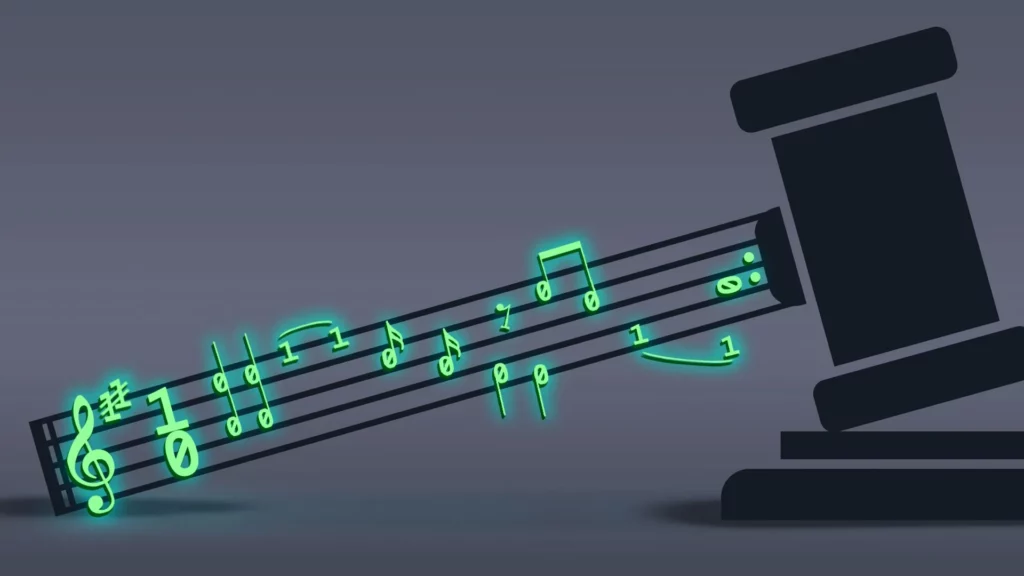
Audiosocket was founded around 15 years ago out of a desire to streamline the process of obtaining music rights for numerous sectors. The company was among the first to use artificial intelligence into its operations, originally employing it to assist users in finding the appropriate music for their media projects.
“I am confident that if artists and creators are at the table, helping to shape the narrative and terms of use, we will build equitable AI models that will unlock new opportunities,” she said. “It will be really positive once we get the frameworks in place … but we need to come up with new frameworks.”
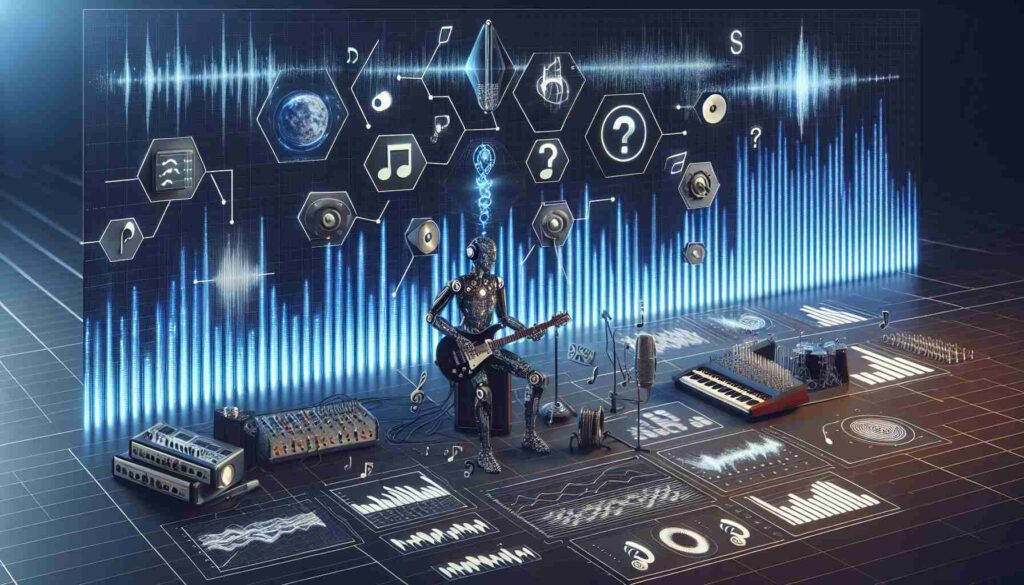
That’s because generative AI has the ability to enable everyone to become a creator, but the lack of adequate safeguards around the AI models’ training material, whether copyrighted or not, raises serious concerns about output ownership.
Audiosocket has a stake in the game because, according to Anderson-Miller, the platform wants to be viewed as a pioneer in setting attribution and remuneration norms and practices. Audiosocket has revealed to its 3,000+ independent musicians that it will include a “AI clause” in its artist agreements, with a mandatory AI tier and an opt-in tier for generative AI prospects.
Corralling AI’s Disruptive Nature
As society considers the ramifications of AI-generated material, it must strike a balance between maintaining creative incentives, assuring distribution value, and encouraging future innovation.
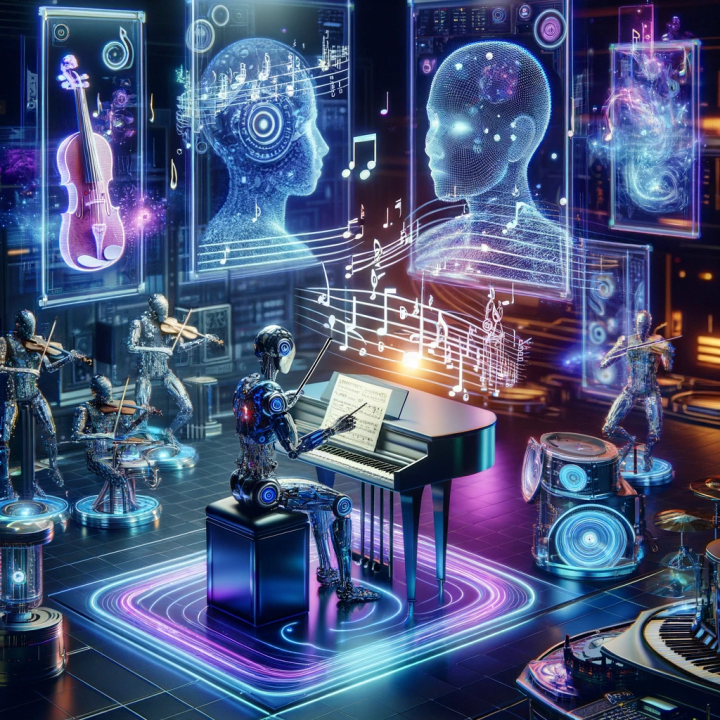
The ARA letter said that AI is being used to stifle creativity and replace human artists with AI-generated work, endangering their privacy, identity, and ability to earn a fair living. This exploitation dilutes payment pools, which might have disastrous consequences for musicians and creative striving to make ends meet.
The letter slams the race to the bottom caused by unmanaged AI, which devalues artists’ work and prevents proper recompense. However, it also highlights a bright, collaborative, and productive future.
“The language in that letter was both forceful and supportive. “But the real call to action was ‘when used ethically and responsibly with the original authors at the table,'” Anderson-Miller stated. “We very much are trying to come to the table with people that are innovating.”
People aren’t aiming to decrease the value of human-made art; instead, they’re eager to see it thrive, as do many artists who are already embracing AI technologies, she noted.
Radiant TV, offering to elevate your entertainment game! Movies, TV series, exclusive interviews, music, and more—download now on various devices, including iPhones, Androids, smart TVs, Apple TV, Fire Stick, and more.


